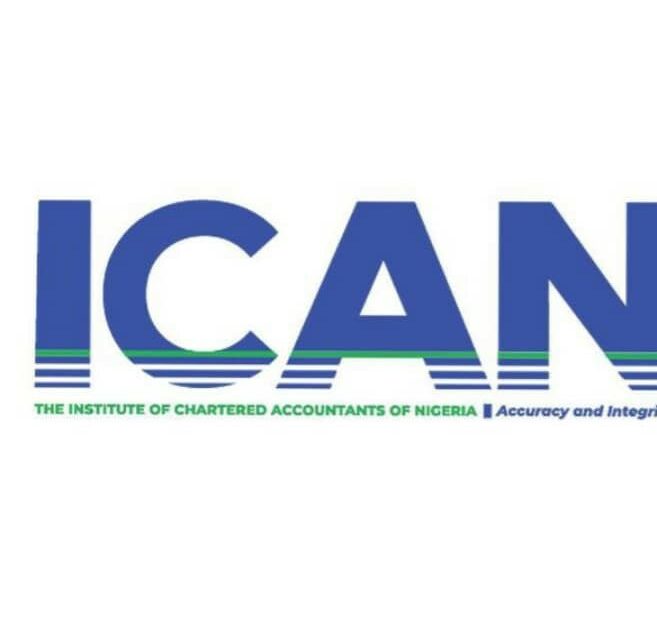The investiture of Samuel Ayeni as the 12th chairman of the Ikorodu District Society of the Institute of Chartered Accountants of Nigeria (ICAN) marks a significant moment for the accounting profession in the region. The ceremony, more than a simple changing of the guard, represents a powerful reaffirmation of ICAN’s unwavering commitment to upholding the highest standards of professionalism, ethical conduct, and service to the community. Ayeni’s assumption of leadership comes at a crucial time, as the accounting profession navigates a complex landscape of evolving regulations, technological advancements, and increasing demands for transparency and accountability. His inaugural address, imbued with a sense of purpose and responsibility, sets the tone for a dynamic year focused on strengthening the district’s contributions to the profession and the broader economy.
Central to Ayeni’s vision is the preservation of ICAN’s rigorous examination process, a cornerstone of the institute’s reputation for excellence. Recognizing the examinations as a benchmark for other professional bodies, he pledged to maintain their integrity and ensure that the Ikorodu centre continues to attract a growing number of candidates while upholding the exacting standards that define ICAN qualifications. This commitment underscores the importance of producing highly skilled and ethically grounded accountants who are equipped to meet the evolving needs of businesses and the Nigerian economy. Ayeni’s pledge reflects a deep understanding of the vital role that qualified accountants play in fostering financial stability and sustainable economic growth.
Ayeni’s leadership agenda extends beyond examination standards, encompassing a multifaceted approach to strengthening the district’s impact. He outlined a strategic roadmap focused on collaborative partnerships and proactive engagement with key stakeholders. This includes working closely with learning centres to enhance student success rates, collaborating with organizations to promote sound record-keeping practices, and forging stronger ties with corporate entities through strategic partnerships and regular visits. This collaborative approach recognizes the interconnectedness of the accounting profession with various sectors of the economy and emphasizes the importance of building strong relationships to advance shared goals.
The ICAN President’s remarks highlighted the institute’s pivotal role in championing financial transparency and accountability within the Nigerian economy. The ICAN Accountability Index, a key initiative of the institute, provides a crucial framework for evaluating and monitoring public finance management, contributing to greater transparency and responsible use of public resources. This emphasis on accountability aligns with the global trend towards greater scrutiny of financial practices and underscores ICAN’s commitment to promoting ethical governance and responsible financial management in both the public and private sectors.
Furthermore, Ayeni emphasized the imperative for ICAN members to embrace technological advancements and adapt to the evolving digital landscape. This call for technological proficiency reflects the increasing reliance on digital tools and platforms in the accounting profession. By equipping members with the necessary digital skills, ICAN ensures that they remain at the forefront of the profession and can effectively leverage technology to enhance efficiency, accuracy, and insights. This focus on technology also aligns with global trends in the accounting profession, where digitalization is rapidly transforming traditional practices and creating new opportunities for innovation.
In line with Ayeni’s vision for a more technologically adept and socially responsible profession, the Vice Chairman and Deputy Vice Chairman highlighted ongoing training programs designed to equip members with essential skills in record keeping, social responsibility, and stakeholder engagement. These initiatives underscore ICAN’s commitment to developing well-rounded professionals who possess not only technical expertise but also a strong understanding of their social and ethical responsibilities. This holistic approach to professional development reflects the increasing recognition that accountants play a vital role in shaping ethical business practices and contributing to sustainable economic development. The emphasis on stakeholder engagement also reflects the growing importance of building strong relationships with diverse stakeholders, including investors, regulators, and the wider community. These training programs represent a proactive approach to ensuring that ICAN members are equipped to navigate the complex ethical and social challenges facing businesses in the 21st century.














